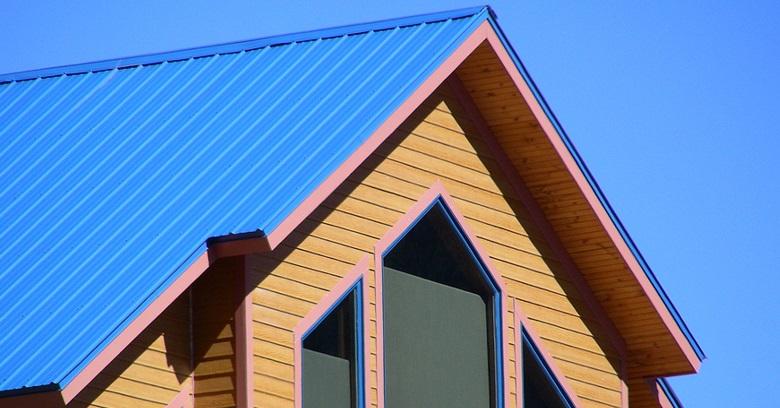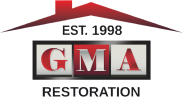
Available for installation by professional roof companies in many types, styles, and colors, metal is an attractive and efficient material to put on any home or building.
One variable that many customers interested in having a roof contractor do these installations may not initially consider is gauge.
Learn about metal gauges in this explanation to understand what roof services recommend most and how gauge affects a roof over time.
What Is Metal Gauge?
Metal gauge is how roof contractors refer to the measurement of the thickness of a sheet of metal used for roofing panels or shingles.
Metal roofing of different types can be purchased in multiple gauges for a roof service to install the best option for a homeowner dependent on the local weather extremes and customer budget.
What Gauges Does Metal Roofing Come In?
Metal gauge as referred to by roof services comes in a range of thicknesses that include 22, 24, 26, and 29 gauge.
As with measuring wire and other metal items, the lower number is the thicker metal, with 22 gauge metal roofing the thickest and 29 gauge the thinnest.
When installing metal on homes and buildings, roof companies generally install thicker gauge products on commercial buildings with larger roofs that must withstand higher winds and thinner 29 gauge products on homes, since the roof sizes are much smaller and reduces the likelihood that they will blow off.
Still, in areas where it is warranted or if the homeowner wants to purchase the right option to protect their home, roof companies recommend choosing residential products that are thicker than the popular 29 gauge panels.
What Are The Pros and Cons of Choosing Thicker Gauge Roofing?
Although it is more expensive to do so, roof contractors recommend installing thicker gauge metal products even for residential applications due to the many benefits that these higher-quality products offer:
- More Durable – Thicker metal is more durable against weather conditions, including hail that can be extremely damaging to metal roofing. Thicker products, including those that are even asphalt-coated, are especially durable in areas where hail, flying debris, and high winds are common.
- Slower Aging – All metal rusts after some time, even if it is covered in a protective coating. The thicker the metal, the longer it takes before rust around the edges and fastener holes can start to attack the roofing.
- More Wind-Resistant – Thicker metal roofing is more rigid and sturdy. When properly fastened down, that rigidity and sturdiness make it less likely to be bent or blown off a roof.
- Maintains Appearance – Thicker metal roofing products will also maintain their beautiful appearance longer as they are more resilient to daily wear and tear due to weather.
- Less Noisy – Though the metal installations done by roof contractors have wood decking under the metal panels, thicker panels rested on underlayment and decking are not as noisy from rain hitting them as thinner panels can be.
The biggest disadvantage to choosing thicker gauge roofing products is the cost.
In comparison, 22 gauge roofing is considerably more expensive than standard 29 gauge options, but the added benefits make it worthwhile for those who can afford the premium products.
Talk To A Metal Roof Company About Gauges For Metal Roofs
Metal panels and shingles make a great choice to have installed by roof services offering these products.
Before choosing any metal product, homeowners should consider the different gauges that their favorite roofing comes in and which would be the right choice for their home.
Roof companies experienced with this material when used for residential installations can help homeowners understand the pros and cons to make the most informed metal roofing decision.
Need Commercial Roof Damage Repair Services
GMA Restoration Can Fix Commercial Roof Damage Repair
Call 979-356-2392
